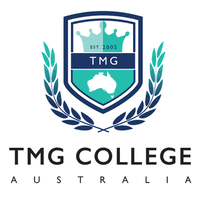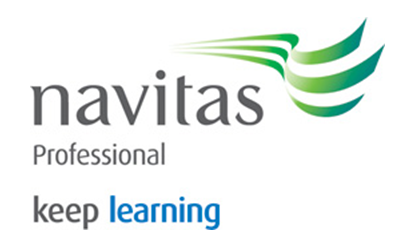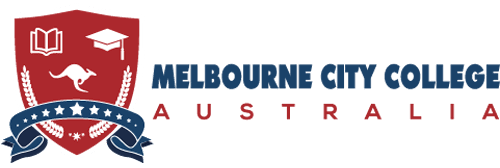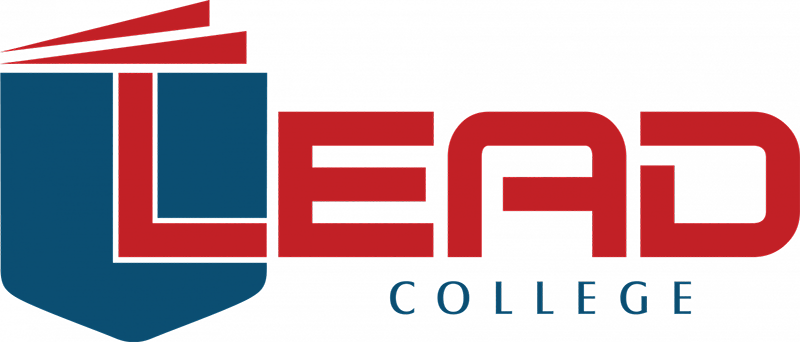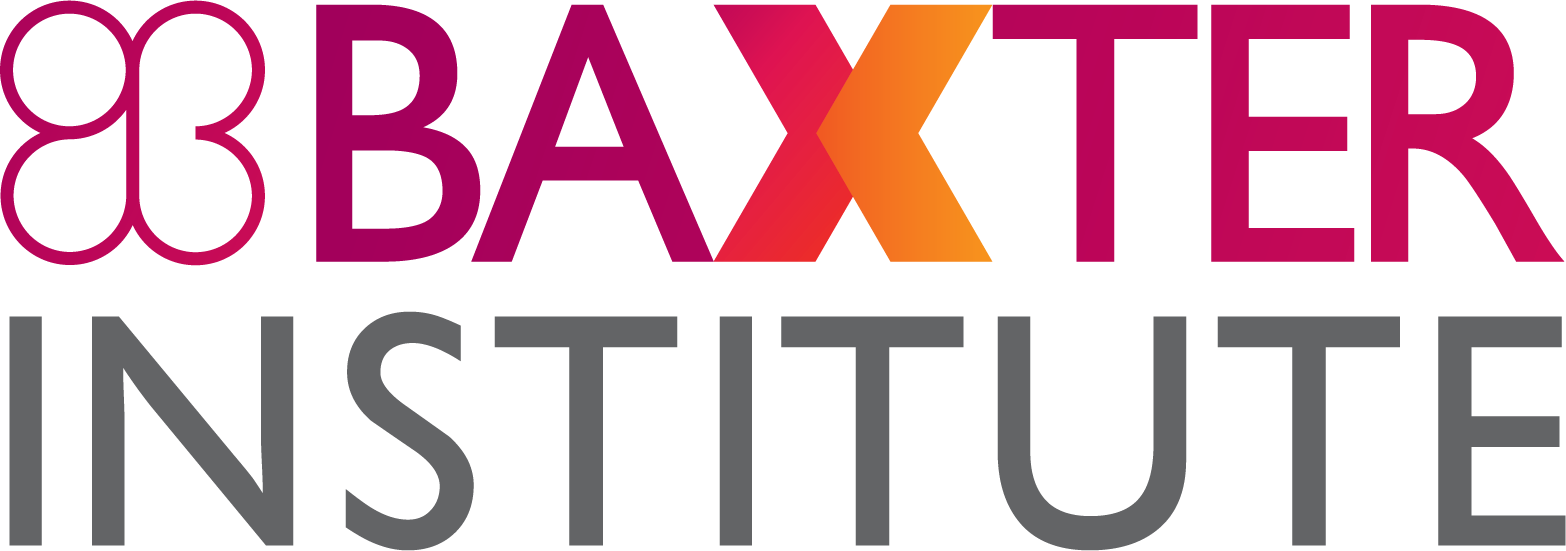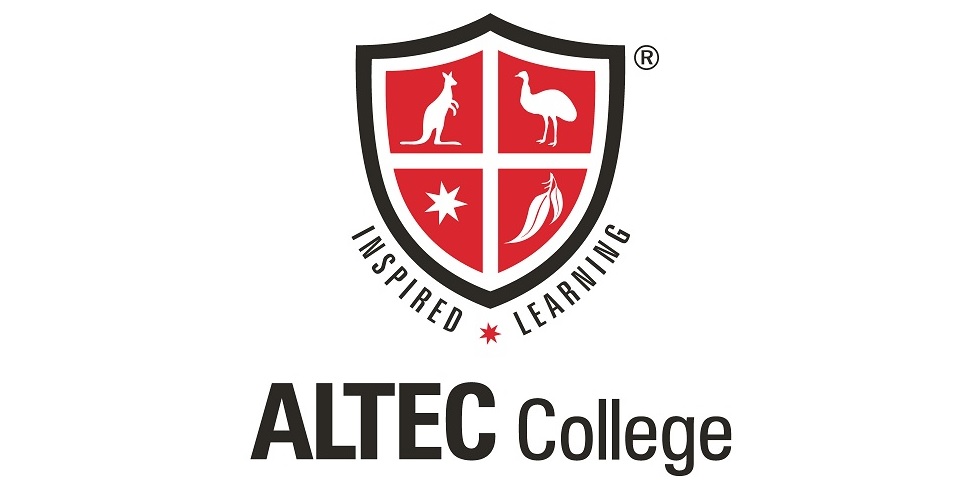Labour agreements are made between the Government and industries or organisations for the recruitment of persons to Australia for employment or sporting activities, either on a temporary or permanent basis. Persons entering Australia on a Labour Agreement (temporary) visa do so under the TSS (482) visa.
Regulation 1.03 of the Migration Regulations define labour agreements to be
labour agreement means a formal agreement entered into between:
- the Minister, or the Employment Minister; and
- a person or organisation in Australia;
under which an employer is authorised to recruit persons to be employed by that employer in Australia.
As from March 2018, there will be a nomination fee of $330 and visa application charge of $2,400 for a visa in the Labour Agreement stream.
Nominators for the labour agreement will be required to meet Training Benchmark requirements.
Labour Agreement is defined in R1.03 to be
‘labour agreement means a formal agreement entered into between:
- the Minister, or the Employment Minister; and
- a person or organisation in Australia;
under which an employer is authorised to recruit persons to be employed by that employer in Australia.’
In all cases, a labour agreement must:
- identify the relevant skills shortage in the business and why these vacancies cannot be filled by Australian workers,
- specify the number of skilled workers needed from outside Australia,
- specify the age, skill and English language requirements that relate to the nominated occupations. Semi-skilled occupations can be considered for nominated positions if specified in the agreement.
Labour agreements aim to provide a flexible response to the needs of industries experiencing skill shortages, while ensuring overseas recruitment does not affect long-term improvement of employment opportunities for Australians. The agreements also apply increased rigour to the consideration of the merit of a request for foreign workers. The application must meet the requirements of the relevant Labour Agreement, and the applicant must have suitable skills and experience to perform activities in Australia in accordance with the Labour Agreement.
Since 1 April 2009, employers who wish to employ staff under a 457 visa with occupations not on the skilled occupations lists will have to negotiate a Labour Agreement. Home Affairs has produced a booklet “Labour Agreements” to explain how the scheme works, and which also contains instructions on how to apply for a labour agreement.
Employers who are parties to Labour Agreements are subject to the same sponsorship obligations similar to those for standard business sponsors, with no adverse information being known to the Minister about the sponsoring business itself, or of anyone associated with it, or if adverse information is known to the Minister, there are reasonable grounds to disregard it.
As from March 2018, nominations for labour agreements will be set for 5 years.
On 1 August 2014, Assistant Minister Senator Michaelia Cash announced the successful negotiation of a labour agreement between the government and Fronditha Care Nursing Facility in Victoria to bring in bilingual Greek speaking workers with qualifications in aged care to work in a range of residential and support services to Greek speaking elderly citizens.
Other criteria pertaining to nominations and visa applications mirror those of the Temporary Skill Shortge (482) visa.
Labour agreements are currently divided into five ‘streams’:
- Company-specific Agreements,
- Industry Agreements,
- Project Agreements
- Designated Area Migration Agreements (DAMA),
- Global Talent Scheme (GTS) Start-up Business.
COMPANY-SPECIFIC AGREEMENTS
A company specific labour agreement or ‘work agreement’ is developed directly with an employer and is considered where a genuine skills or labour shortage for an occupation exists which is not already provided for in an industry labour agreement, or relevant project or designated area migration agreement. The terms and conditions of a company-specific agreement are considered on a case-by-case basis. As from 14 September 2009, Work Agreements are provided for in s.140GC of the Migration Act and Reg 2.76 of the Migration Regulations.
Reg 2.76(2) provides that
(2) A work agreement:
- must be between:
- the Commonwealth, as represented by the Minister, or by the Minister and 1 or more other Ministers; and
- a person, an unincorporated association or a partnership in Australia; and
- must be a labour agreement that authorises the recruitment, employment, or engagement of services of a person who is intended to be employed or engaged as a holder of a Subclass 457 (Temporary Work (Skilled)) visa; and
- must be in effect.
Parties to a work agreement are not required to seek approval as a standard business sponsor. However, they are required to go through the nomination process and are subject to the same sponsorship obligations similar to those for standard business sponsors.
INDUSTRY AGREEMENTS
An industry-specific labour agreement provides fixed terms and conditions agreed to by the Minister in consultation with key industry stakeholders. An industry agreement might be considered if the Department has received a number of similar submissions from an industry and there is evidence of ongoing labour shortages within that industry. When an industry labour agreement is in place, no further concessions can be considered, other than those written in the agreement.
Currently the Department has labour agreements with several industries, including
- dairy industry,
- fishing industry,
- meat industry,
- pork industry,
- on-hire,
- restaurants (fine dining), and
- Ministers of religion.
MINISTERS OF RELIGION LABOUR AGREEMENT (MORLA)
As from 1 July 2015, Ministers of Religion (ANZSCO 272211) became ineligible for both the ENS (186) and the RSMS (187) visas in the Direct Entry or Temporary Residence Transition streams, as well as the 457 visa. At the same time, previous exemptions available to religious workers on age, skill and English no longer apply, even if a nomination had been lodged prior to this date. Instead, as from 1 July 2015, Ministers of Religion will be admitted under a “Ministers of Religion Labour Agreement” (MORLA), which is a specialised subdivision within the Industry-specific Agreements. The agreement must be entered into by a religious organisation before a nomination will be accepted for the 482 visa or in the Labour Agreement stream of the 186 or 187 visa.
In March 2019, it was further announced that, in addition to Ministers of Religion (ANZSCO 272211), it is now also possible for religious institutions to nominate Religious Assistants (ANZSCO 451816) from overseas to work in Australia.
Ministers of Religion and Religious Assistants, after three years under the 482 visa, will be eligible for the 186 Employer Nomination visa.
REQUIREMENTS FOR MORLA
The nominating religious organisation
Under the MORLA scheme, a religious organisation must
- meet the definition of ‘religious institution’ in Reg 1.03 of the Migration Regulations,
- undertake ‘stakeholder consultation’ when seeking a MORLA,
- provide evidence of meeting training requirements or obligations, and
- proide evidence of any domestic training efforts.
Nevertheless, labour market testing are not required for Ministers of Religion or Religious Assistants (Reg 2.76A(2)).
Skill
For Ministers of Religion, The visa applicant must
- have been ordained as a minister of religion (or had gone through an equivalent accreditation process within the faith), and
- have attained the equivalent of an Australian bachelor degree or had undertaken at least 5 years of relevant structured training or instruction.
For Religious Assistants, the visa applicant must
- possess relevant formal qualifications equivalent to a relevant AQF 2 or 3 at ANZSCO skill level 4, or
- have at least 2 years relevant work experience as substitute for the formal qualification.
Age
There is no age requirement for the 482 TSS visa, but applicant
o must be aged 60 or under at time of application for the ENS (186) visa under an age exemption arrangement.
English
The visa applicant will still be eligible to some form of English language exemption, in that they must either
- achieve an average score of 5.0 in IELTS with a minimum of 4.5 in each individual part, or
- hold a passport of NZ, UK, USA, Canada or Ireland, or
- have completed at least 5 years of secondary or higher education, where instruction was conducted in English, or
- be directly serving the needs of an ethnic group, and where interaction with the wider Australian community will be limited.
Terms of employment and salary
The visaed minister of religion or religious assistant must receive the same terms and conditions of employment as other Australian religious workers, of equivalent standing, performing the same role at the same location, and
The salary to be paid must be paid from the Australian bank account of the sponsoring religious organisation, and
- at least equivalent to the TSMIT (including monetary or non-monetary benefits), or
- Where a vow of poverty is required by the faith, the sponsor must attest that it will provide all living needs, including board and lodging, health, education, welfare and any other costs incurred.
Note the ‘vow of poverty’ concession applies only to ministers of religion and not religious assistants.
PROJECT-SPECIFIC AGREEMENTS
Project agreements allow infrastructure or resource development projects experiencing genuine skills or labour shortages access to skilled and specialised semi-skilled temporary overseas workers through this program. They are designed to complement existing Australian Government initiatives to address skill and labour shortages by ensuring that shortages do not create constraints on major projects and jeopardise Australian jobs.
Project companies with projects endorsed by the Department of Foreign Affairs and Trade under the China-Australia Investment Facilitation Arrangement (IFA) can request a project agreement



